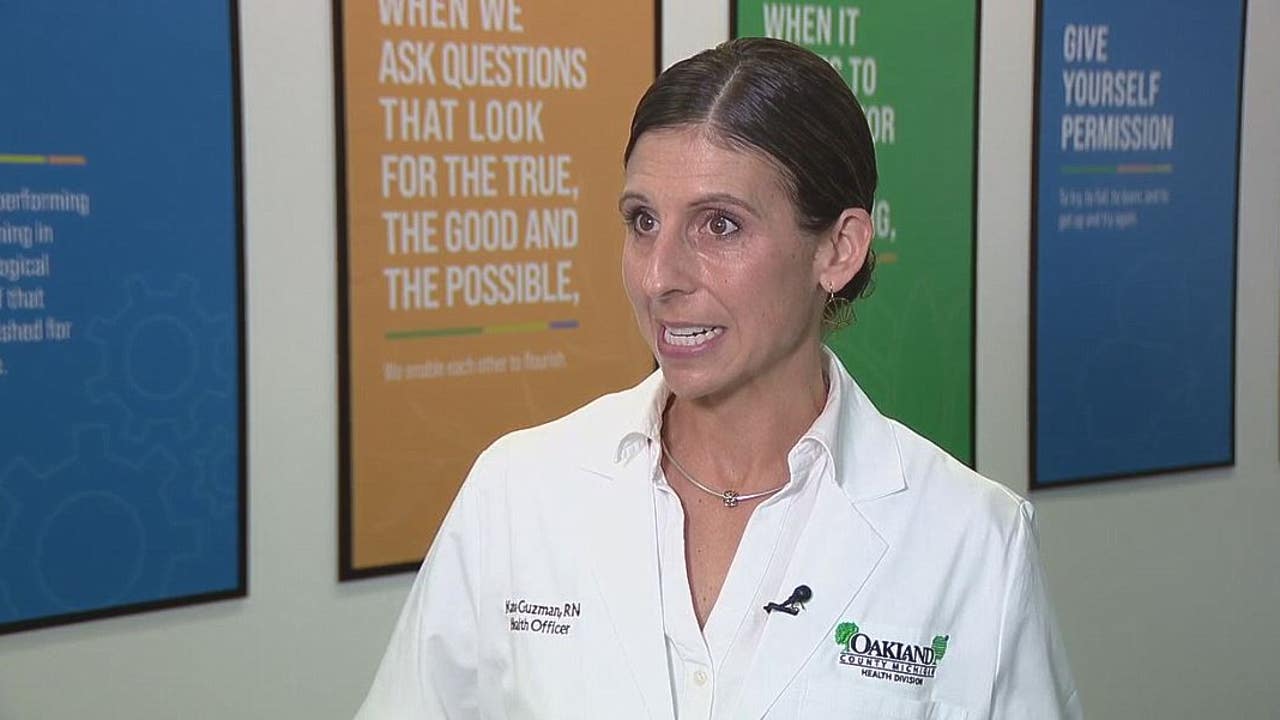Health Agencies Sound Alarm: Covid Funding Cliff Threatens Critical Services

In a significant legal development, a federal judge has stepped in to halt billions of dollars in proposed healthcare funding cuts to states, providing temporary relief amid ongoing uncertainty. The Covid-related funding, which was originally designed as an emergency measure, has become a contentious issue as states grapple with potential financial implications.
The judicial intervention comes at a critical moment, temporarily suspending cuts that could have dramatically impacted state healthcare systems. While critics argue that the emergency funding was never intended to be a permanent solution, the ruling underscores the complex challenges facing healthcare financing in the aftermath of the pandemic.
The temporary block offers a brief respite for states that have been anxiously anticipating the potential funding reductions. However, the long-term status of these funds remains uncertain, leaving healthcare administrators and state officials in a state of cautious anticipation about future financial strategies.
As the legal and financial landscape continues to evolve, stakeholders are closely watching how this funding dispute will ultimately be resolved, recognizing the profound implications for healthcare access and state budgets nationwide.
